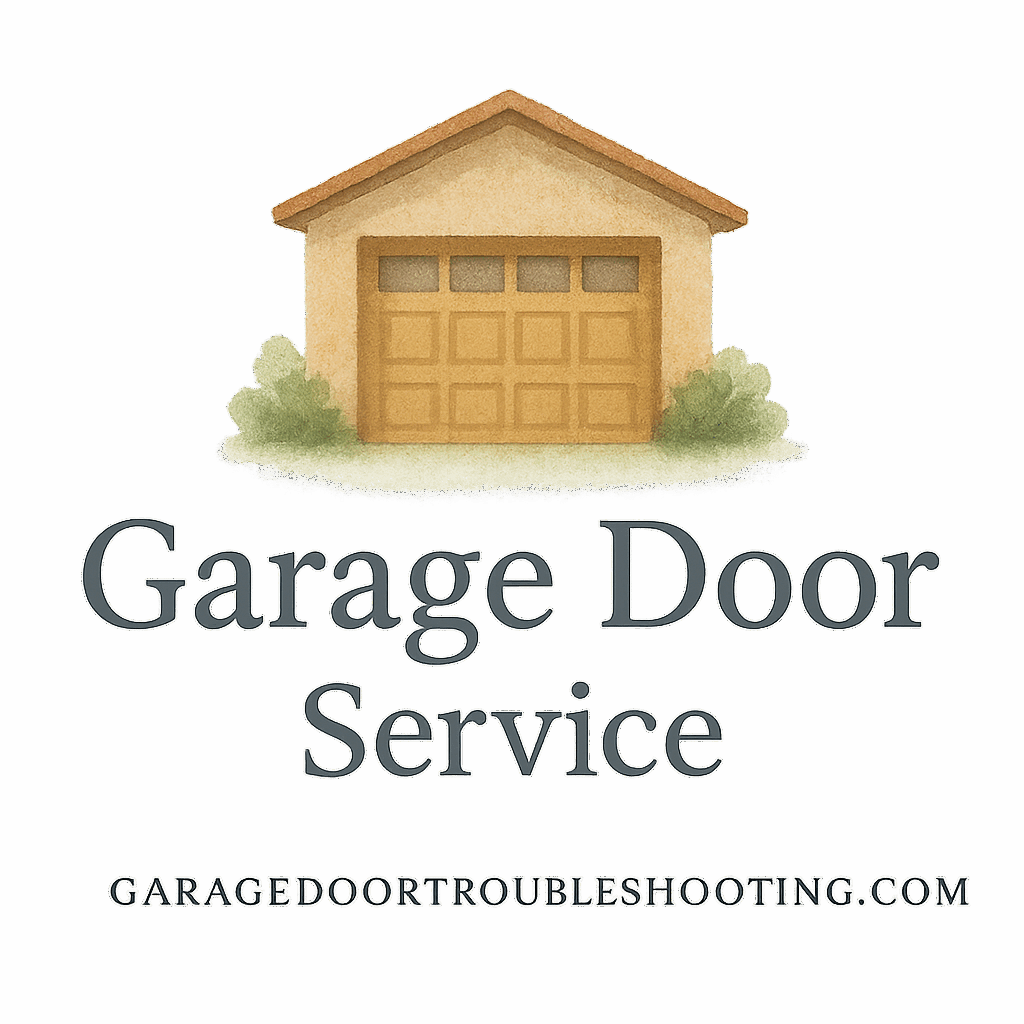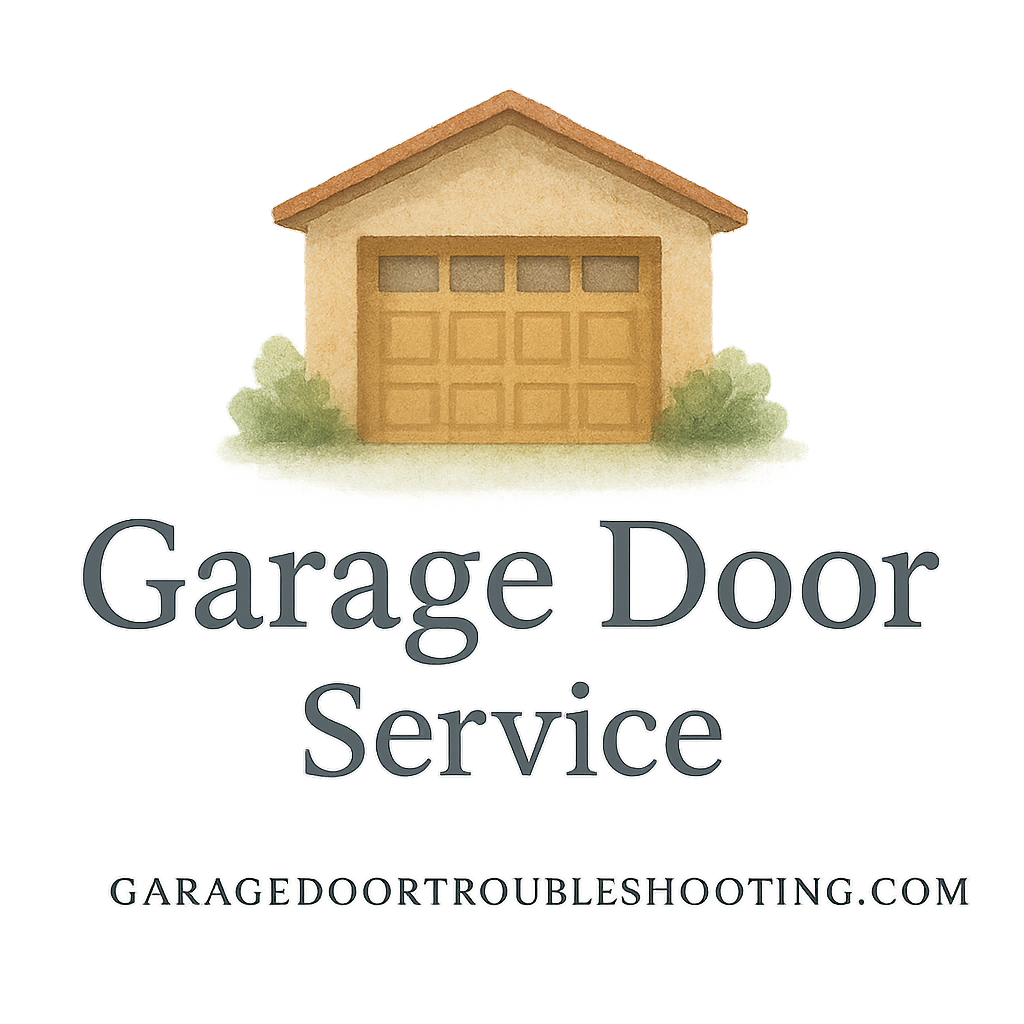A garage door is more than just a functional entryway—it’s a critical part of your home’s security, safety, and convenience. Yet, many homeowners overlook preventive maintenance until something breaks. By practicing regular upkeep, you can avoid expensive garage door repairs, extend the lifespan of your system, and ensure it runs smoothly year after year.
In this guide, we’ll break down 10 preventive maintenance tips for garage door repairs that every homeowner should know. Whether you’re a DIY enthusiast or prefer hiring experts, these tips will help keep your garage door in top shape.
Why Preventive Maintenance for Garage Doors Matters
Think of your garage door like your car. If you wait until something snaps or jams, you’re already too late. Preventive maintenance keeps little issues from becoming costly disasters. It ensures smoother operation, minimizes safety risks, and helps you get the most value out of your investment.
For a homeowner, preventive maintenance isn’t just about convenience—it’s about avoiding dangerous breakdowns that can put your family and property at risk. (See more: Garage Door Safety & Security)
Common Garage Door Issues Homeowners Face
Before diving into maintenance tips, let’s talk about the most common garage door problems that preventive care can help you avoid.
Noisy Operation
A screeching or rattling door often signals dry rollers, misaligned tracks, or loose hardware.
Uneven Door Movement
When one side of your door rises faster than the other, it’s usually a sign of worn springs or misaligned tracks.
Broken Springs and Cables
These are dangerous and can completely disable your door. Preventive checks help catch wear before disaster strikes.
Remote or Opener Failures
Often caused by faulty wiring, worn-out sensors, or simple lack of battery changes.
For more guidance, check out these Garage Door Repair Guides.
How Preventive Maintenance Saves You Money
Ignoring small problems is like ignoring a leaky faucet—it will only get worse. Preventive maintenance helps:
- Avoid costly emergency repairs
- Extend the lifespan of your door and opener
- Maintain energy efficiency with proper sealing
- Protect your family’s safety
By taking small steps regularly, you’ll save hundreds—if not thousands—over the long run.
10 Preventive Maintenance Tips for Garage Door Repairs
Let’s dive into the practical steps you can take.
1. Inspect Your Garage Door Regularly
Take a few minutes each month to look for rust, dents, frayed cables, or sagging sections. Early detection prevents bigger issues.
2. Lubricate All Moving Parts
Your garage door has dozens of moving components. Keep hinges, rollers, and springs lubricated with a silicone-based spray to reduce friction and noise. See more advice at Garage Door Maintenance Tips.
3. Test the Balance of Your Door
Disconnect the opener and manually lift your door halfway. If it doesn’t stay in place, your springs might need adjustment.
4. Tighten Loose Nuts, Bolts, and Screws
Garage doors vibrate during operation, loosening hardware over time. Tightening everything ensures smoother function.
5. Check and Replace Weather Stripping
A cracked or missing seal lets in dust, water, and pests. Replacing weather stripping also improves energy efficiency.

6. Clean and Maintain the Tracks
Dust and debris can throw off alignment. Wipe tracks with a damp cloth and make sure they’re straight. Avoid using heavy grease—it attracts dirt.
7. Test the Auto-Reverse Safety Feature
Place a block of wood under your door. If it doesn’t reverse when hitting the object, call a pro immediately.
8. Inspect Cables and Springs
Look for frays, rust, or stretched coils. Never attempt to repair high-tension springs yourself—it’s a job for professionals. (See Dangerous Repairs).
9. Keep Your Garage Door Clean
Wash your door with mild soap and water. This not only boosts curb appeal but also prevents rust and surface damage.
10. Schedule Professional Garage Door Inspections
Even with regular DIY maintenance, professional inspections catch things you’ll miss. Explore Garage Door Services Professionals for expert help.
DIY vs. Professional Garage Door Maintenance
Not sure if you should DIY or call in the pros? Here’s a breakdown.
When to Handle Repairs Yourself
- Lubricating rollers and hinges
- Cleaning tracks
- Replacing weather stripping
- Tightening bolts and screws
When to Call a Professional
- Spring or cable repairs
- Opener electrical issues
- Misaligned or bent tracks
- Repeated safety sensor failures
For larger tasks, always rely on a trusted Garage Door Provider.
Garage Door Safety Precautions Every Homeowner Should Follow
Your garage door is one of the heaviest moving objects in your home. Always:
- Keep children away from moving parts (Childproof Tips)
- Never stand under a moving door
- Test safety sensors monthly
- Avoid DIY spring repairs unless you’re trained
Safety should always come before convenience.
How to Extend the Lifespan of Your Garage Door
With consistent care, your door can last 15–30 years. Here’s how to get the most out of it:
- Stick to a Maintenance Plan
- Replace worn parts before they break
- Keep your opener system updated
- Protect the door surface with paint or sealant
The Role of Professional Services in Preventive Maintenance
Professionals provide more than just repairs—they help homeowners plan long-term upkeep. From installation advice to annual service contracts, experts ensure your garage door stays safe and reliable. (See: Garage Door Installation Advice).
Conclusion
Preventive maintenance is the secret to avoiding costly garage door repairs, improving safety, and extending the life of your system. By following these 10 tips, you’ll keep your door operating smoothly and protect your family from unnecessary risks.
Still unsure? Regular checkups from a professional service provider will give you peace of mind and keep your garage door in top condition.
FAQs
1. How often should I lubricate my garage door?
At least every six months, or more frequently if you notice squeaks.
2. Can I replace a garage door spring myself?
It’s not recommended—springs are under high tension and can be dangerous. Call a professional.
3. How long does a garage door typically last?
With proper care, 15–30 years, depending on the material and usage.
4. What’s the easiest preventive maintenance step I can do?
Regularly tightening loose hardware and cleaning tracks.
5. Why is my garage door making a loud banging noise?
It could be worn rollers, loose bolts, or spring issues. Check for visible damage.
6. How do I know if my safety sensors are working?
Wave an object in front of them while closing the door—the door should reverse.
7. Is a service contract worth it for garage doors?
Yes, a Service Contract ensures scheduled checkups and reduces repair surprises.


